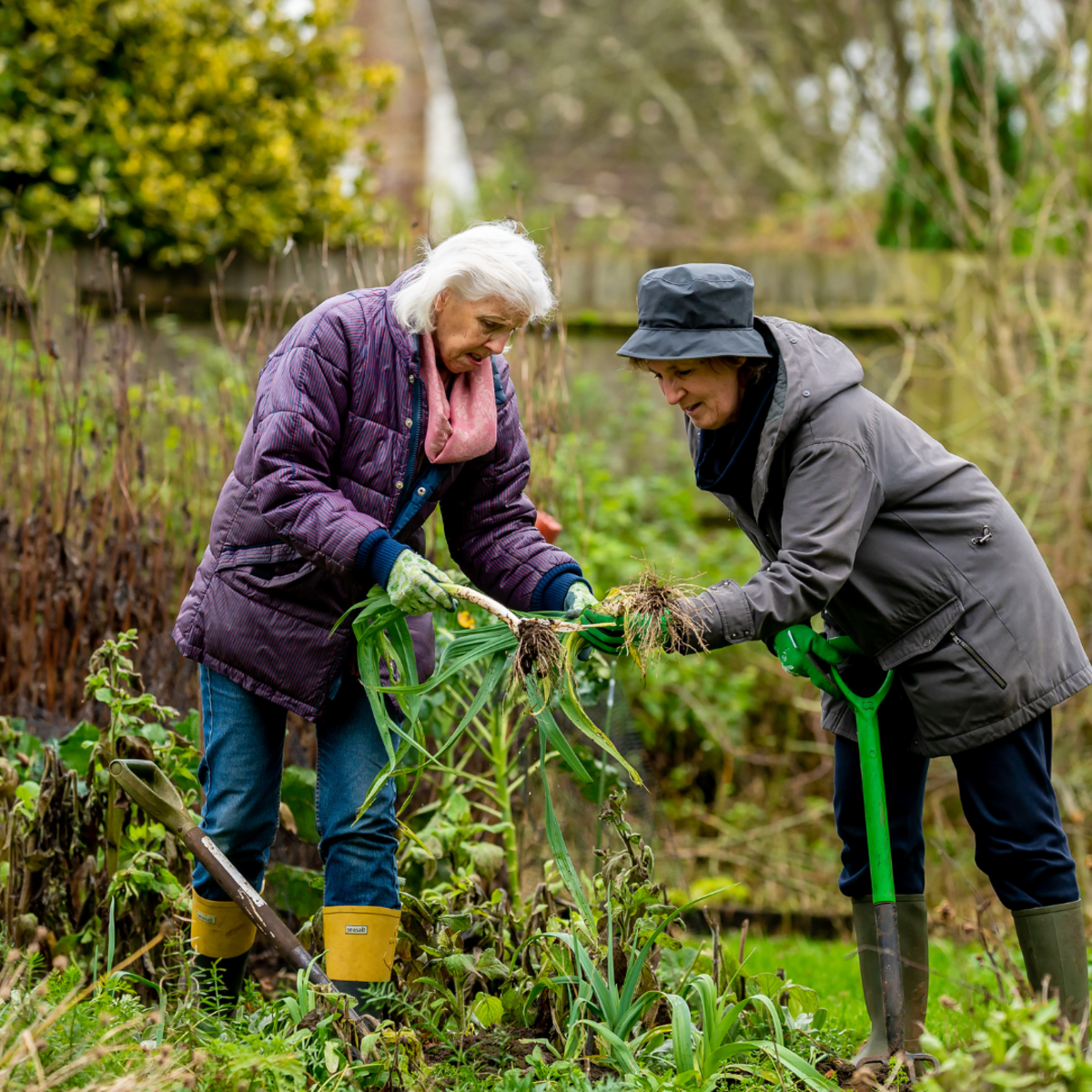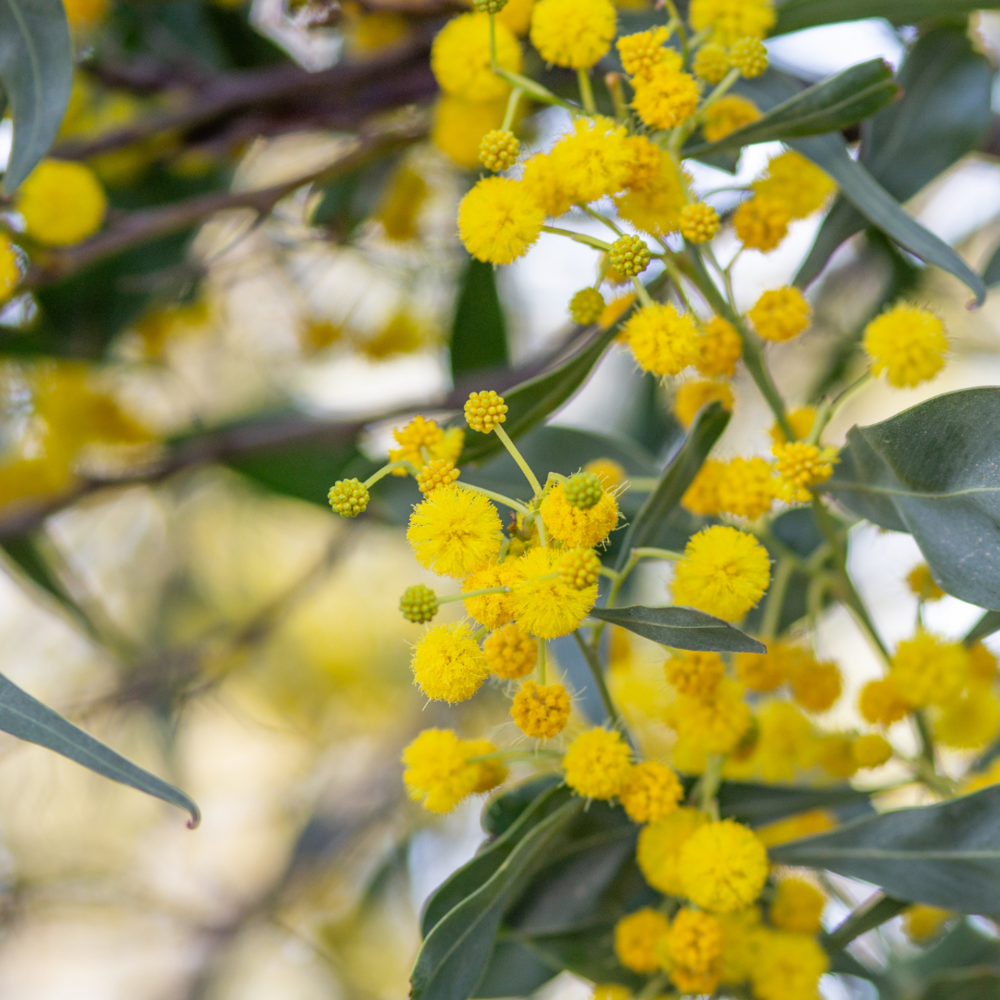Summer Loving: Gardening to Beat the Heat
Staff Reporters
16 February 2025, 2:17 AM

Story courtesy Coast Lines Magazine
Words by Sarah Ansell, Second Nature.
With summer in full swing, there are some actions you can take to help take the sting out of the sun in the garden. By making a few simple changes, you can ensure your plants thrive through the heat while conserving resources. Here are some key steps:
Choose Native: Learn to love our local plants, they have survived in our environment for thousands of years. Once established, many species require minimal water and maintenance whilst providing essential habitat for native birds, pollinators and wildlife.
Mulching: A layer of mulch can work wonders for your soil by reducing water loss, stabilising soil temperature, and suppressing weeds. Organic mulches like straw, bark chips, or compost break down over time, enriching the soil. Mulch also provides habitat and foraging opportunities for native lizards and birds.
Providing Shade: During the peak of summer, some plants need extra protection. Adding shade cloth on permanent or removable structures or planting taller companion plants can create natural shade for more delicate flora. Positioning shade structures strategically helps prevent sunburn and reduces plant stress.

Healthy Soil: Healthy, resilient soil is the backbone of a successful garden. Mixing compost into the soil not only boosts nutrient levels but also improves water retention. This creates a strong foundation for plants to cope with hot, dry conditions.
Efficient Watering: Drip irrigation systems are highly effective for water conservation by watering directly to the root zone with minimal evaporation. You can set them up yourself with minimal financial investment. Use a timer on the garden tap to schedule watering times for deep watering early in the morning or late evening to reduce water waste and keep plants hydrated. Group plants with similar water requirements together for maximum efficiency.
These simple adjustments can make a significant difference in your garden’s health and sustainability, keeping it lush and beautiful all season long.
Second Nature are a not-for-profit environmental organisation based in Strathalbyn. To learn more about what we do, visit www.secondnature.org.au